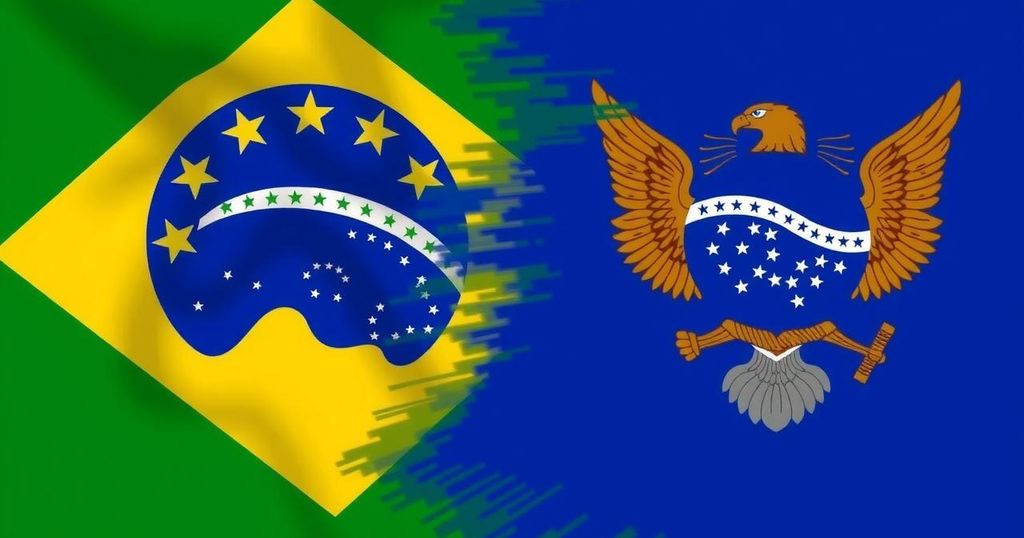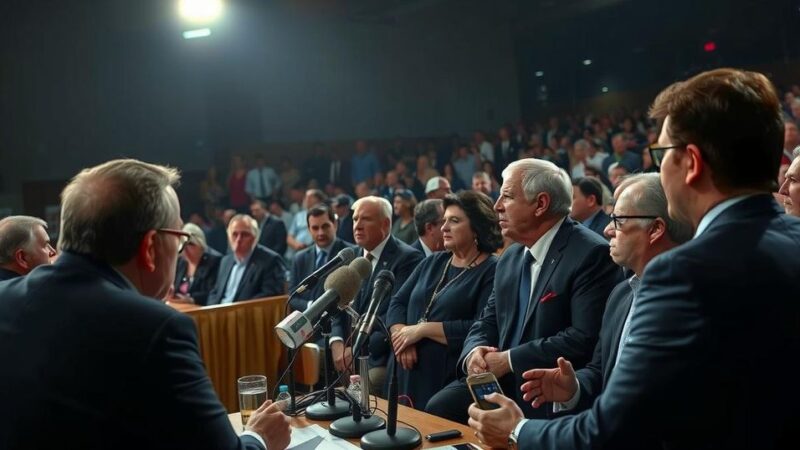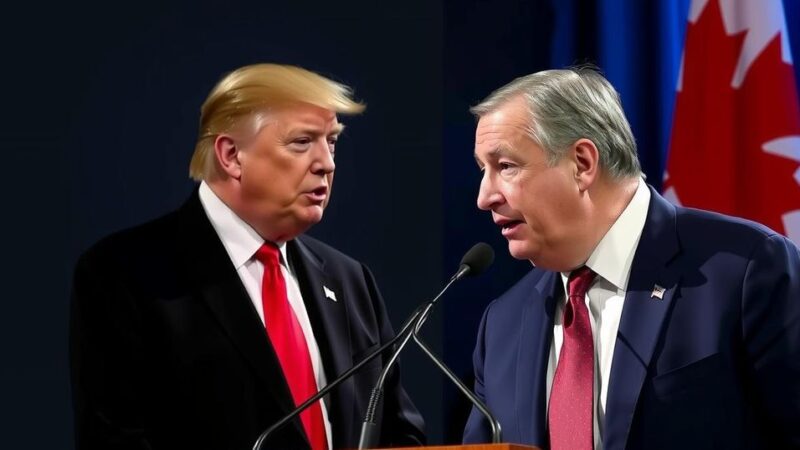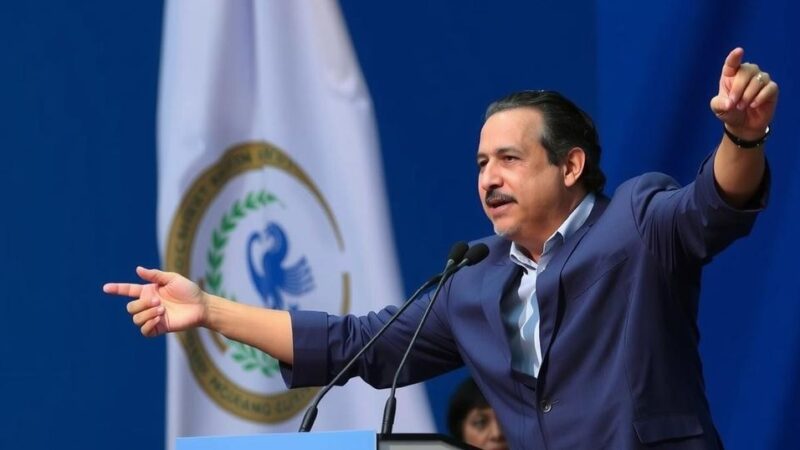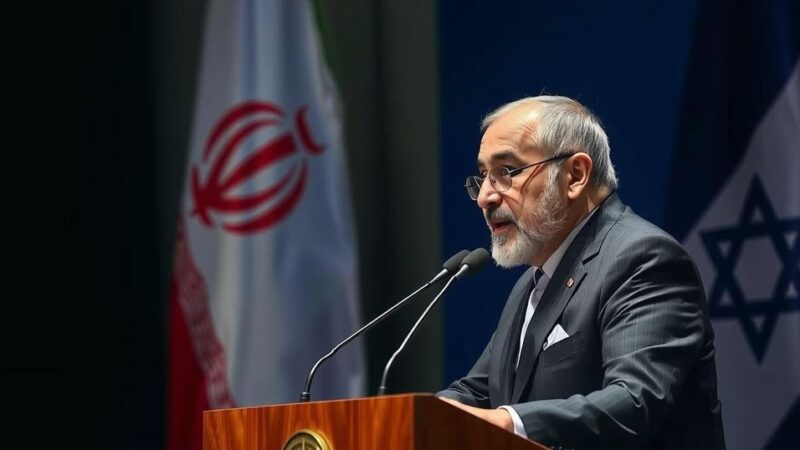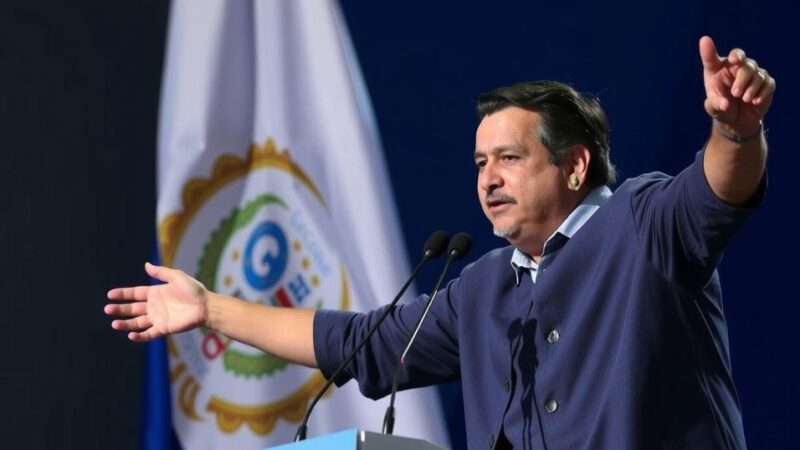Venezuela criticized Brazil’s veto of its BRICS application, calling it a “hostile gesture” and part of a broader sanction policy. This reaction follows the October 2023 BRICS summit, where Brazil reiterated its refusal to recognize the legitimacy of Venezuela’s electoral results. Despite a formal application by President Maduro for BRICS membership, Venezuela was excluded while other nations were welcomed into the bloc. The conflict encapsulates continuing diplomatic strains and differing perspectives on governance between Brazil and Venezuela.
On October 24, 2023, the Venezuelan government expressed strong criticism towards Brazil’s veto of its application to join BRICS, labeling the decision as a “hostile gesture.” The Venezuelan Foreign Ministry issued a statement denouncing this action as part of a broader framework of “criminal policy of sanctions” against Venezuela. This announcement came in the wake of the BRICS summit in Kazan, Russia, which convened from October 22 to 24. According to the Venezuelan Foreign Ministry, Brazil’s representation in BRICS, spearheaded by diplomat Eduardo Paes Saboia, repeated the restrictive measures previously imposed by former President Jair Bolsonaro. The statement asserted that such actions fuel “hatred, exclusion, and intolerance” against Venezuelan citizens, sentiments that the ministry argues have persisted for over a decade from the dominant global powers. A portion of the Ministerial statement conveyed discontent from the Venezuelan populace, who felt “indignation and shame” in response to Itamaraty’s actions, which reflect the remnants of Bolsonaro’s policies targeting the Bolivarian Revolution began by Hugo Chávez. Furthermore, the Venezuelan government extended its gratitude to Russian President Vladimir Putin for the invitation to participate in the Kazan summit, asserting that “no maneuver or trick will stop the course of history”. President Nicolás Maduro’s formal bid for BRICS membership was submitted in May 2024. Reports have indicated that Brazil was reluctant to allow Venezuela to join the consortium ahead of the summit discussions. In Trinidad, 13 nations, including Turkey and Nigeria, were welcomed as new partner states, while Venezuela remained excluded. The Brazilian Foreign Minister Mauro Vieira explained that leading BRICS nations reached a consensus on “criteria and principles” to guide future expansion of the bloc, emphasizing agreement on the overarching principles for the inclusion of new members. Notably, Russian President Vladimir Putin highlighted the differences between Brazil and Russia concerning Venezuela’s admission, underscoring that Moscow acknowledges the legitimacy of Nicolás Maduro’s presidency following the elections in Venezuela. This divergence of views was reportedly a topic of discussion between President Lula and President Putin. Brazil’s opposition to Venezuela’s entry is rooted in its refusal to recognize the results of the July 28 elections, where Nicolás Maduro was declared the winner by Venezuela’s National Electoral Council. The opposition, however, contests this outcome, alleging it has documented evidence that contradicts the official results without providing this evidence to Venezuelan courts. In recent remarks, President Lula implied that both the government and the opposition have failed to present reliable election results, urging the CNE to publish the outcomes and even suggesting fresh elections may be warranted.
The situation regarding Venezuela’s potential entry into BRICS highlights broader geopolitical dynamics and reflects ongoing tensions related to recognition of governmental legitimacy, electoral processes, and international diplomatic relations. BRICS, which includes major emerging economies, has been a platform for countries to enhance their cooperation on economic and political matters. Venezuela’s bid for membership represents its desire to align itself with emerging economies, particularly amid sanctions and international isolation. Brazil’s position, under President Lula, mirrors historical political stances regarding Venezuela and its leadership under Nicolás Maduro.
In conclusion, Venezuela’s exclusion from BRICS membership, following Brazil’s veto, underscores persistent diplomatic tensions between the two nations. The Venezuelan government perceives this action as an extension of long-standing discriminatory policies, while Brazil maintains its stance predicated on the legitimacy of recent electoral outcomes. The ongoing discourse emphasizes the complex interplay between national sovereignty, recognition of governments, and regional politics within the context of international alliances like BRICS.
Original Source: www.brasildefato.com.br
